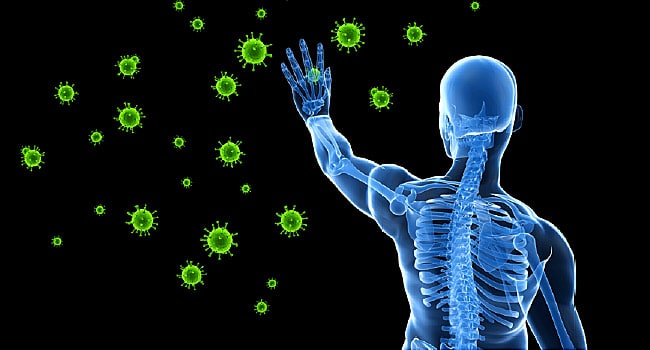
Immune System Boosters You’ll Want to Try Today
Immune System Detox Boosters You’ll Want to Try Today
A 2016 survey in the US found that 3% of Americans have either a weakened, suppressed, or compromised immune system. Some researchers even believe that the numbers are rising, thanks in large part to medical advances that allow immuno-compromised individuals to live longer. That percentage may not sound like a lot—but when you consider that you or your loved ones could fall into that category, the stakes become higher. Are you considering ways to give your immune system a boost? If so, you’ve come to the right place.
Here, we list a handful of activities that help boost your immunity. Keep reading!
1. Physical Activity
You might be wondering, Does physical activity boost the immune system? It does, and in fact, it may be one of the most natural ways to boost your immunity!
In short, regular exercise can:
- Improve your mental health (not exactly immunity-related, but a great bonus)
- Lower your risk of illness
- Increase the circulation of immune cells
- Improve your immune response
- Reduce harmful inflammation
Experts recommend an aerobic activity that lasts less than an hour, done regularly throughout the week (without overdoing it). This includes everything from walking to running, attending a spin class, or using the elliptical.
2. Quitting Bad Habits
This may not seem like an “activity,” but you can make it one! Record your highs and lows, progress and setbacks in a journal or with friends to make it more fun—and to hold yourself accountable.
Some habits to consider kicking include:
- Smoking cigarettes
- Excessive use of alcohol
- Lack of sleep (more on that later)
- A poor diet
3. Getting Adequate Sleep
Resting is an activity—and let’s admit, it’s a fulfilling one!
Not getting adequate sleep is detrimental to your immune system. On the flip side, getting good sleep fosters it.
When you sleep, your body creates cytokines, which are proteins that target infection and inflammation. The fewer sleep you get, the fewer cytokines your body produces. Not only does rest produce these proteins, but it releases them, too.
Sound sleep: it’s a win-win!
4. Visiting the Sauna
The health benefits of sauna-going are enticing!
The heat from saunas can reduce inflammation, improve your immune response, and reduce harmful physical stress, which takes its own toll on the body’s immune response.
If you’re looking for ways to improve your immune function, use your local sauna for about 15 to 20 minutes tops (to avoid dehydration).
5. Checking in With Your Chiropractor
The best chiropractor will support you in your entirety—beyond the mechanics of your spine. In addition to this, chiropractors emphasize your body healing itself without the use of prescription drugs and/or surgery.
The relationship between your body’s structure and its function is undeniable, and it’s something that’s significantly studied in the chiropractic world. The bond between these two things promotes the preservation and restoration of health, as well as the body’s natural recuperative power.
So, it might be time to visit your local chiropractor and see what they have to say about your nervous system, general physical health, and stress and anxiety levels.
Don’t Wait to Boost Your Immune System
If you’ve noticed one thing about these activities, it’s probably that they’re actionable on a daily basis. Additionally, they’re relatively simple to incorporate into your day-to-day.
Your immune system greatly depends on your efforts—your good habits, your sleeping patterns, your exercise levels, and more. If you can practice these activities regularly, you’ll be glad you did.
At Amazing Life Chiropractic & Wellness, we strive to make you feel better, and we’re not just talking about your spinal health! We take a well-rounded approach that observes everything from your physical activity to your body’s general well-being.
If you’re a new patient, click here to request an appointment with our talented team. We look forward to hearing from you.





